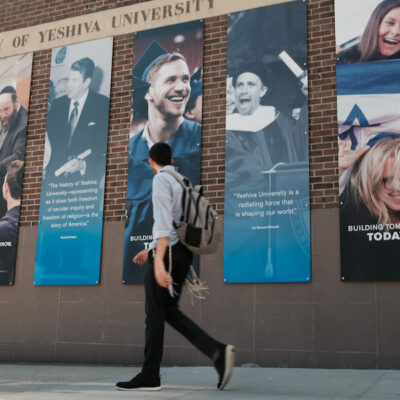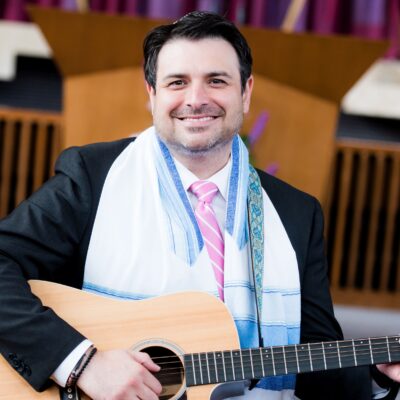Opinion
Finding our place on the map of conflict education
The iCenter has launched a new initiative dedicated to reshaping how we think about teaching the Israeli-Palestinian conflict (the conflict). This work builds on years of accumulated knowledge and experience about what works and does not work vis-à-vis educating on the conflict, what general education teaches us about conflict and peace education practices, and what research tells us about how and why the conflict interests, challenges and engages educators and learners.
As an initial step in our process, we cataloged and evaluated over 150 resources, including 20 lesson plans, 23 textbooks and resource guides, 18 white papers, 66 books and articles, and 19 curriculum frameworks.
Additionally, The iCenter conducted dozens of focus groups with over 200 educators employing a standardized protocol of questions related to teaching conflict generally, and the conflict in particular. The result is a detailed summary of the challenges, needs, concerns, opportunities and practices of those directly involved in teaching and learning about the conflict.
Through these efforts, we have identified several key learnings:
1. There’s a LOT out there
Our scan of the field contains thousands of individual resources on Israelis, Palestinians and the conflict. The 150 resources we cataloged and evaluated are only representative samples of a larger corpus of material that already exists. Each cataloged resource typically contains several activities, video links, articles, sources, and other media.
2. Everybody’s talking about it…
Clearly, the conflict is a core topic and key concern within Israel and Jewish education circles. We found that over 60 different Jewish organizations had individual lesson plans, media, resources, lectures, events or other educational materials on the conflict. The 19 comprehensive curriculum frameworks we surveyed covered a wide spectrum, from organizations that define themselves as educational, advocacy-oriented, both, or neither, and through cultural, religious and political lenses.
3. …But few know how to talk about it
While there is a treasure trove of “what” to teach, there is insufficient focus on “how” to teach it. In our focus groups, we found that many educators are hesitant to engage with the topic altogether. Some lack the necessary background and/or pedagogical skills to teach about the conflict confidently and competently. Others struggle to balance the directives of multiple stakeholders concerned with the conflict: parents, students/participants, organizations, as well as their own feelings.
4. We can learn a lot from general “conflict education”
There is abundant literature on teaching controversial issues, educating through difference, exploring multiple narratives, providing proper historical context and much more. The iCenter is drawing upon fields of peace education, conflict education, moral education, and history education. Studies indicate that students who frequently engage in discussion of controversial issues are more likely to report increased appreciation for multiple perspectives and recognition that controversy is an inherent part of the human condition. While intractable conflicts cannot be resolved in the classroom, intensive and sensitive learning can go a long way toward making conflict more cognitively and emotionally manageable for learners.
5. Ask the experts: educators and learners
This is only the beginning of The iCenter’s initiative on the conflict. Ultimately, our aim is to increase the knowledge, confidence and competence of educators and learners in engaging with the conflict by designing new frameworks for the preparation of educators and developing new resources to complement those already in the field.
We are standing on the shoulders of giants as we build on good work that has been done by leading Jewish, Israel and general educators in this area, while also building out The iCenter’s signature relational approach to Israel education.
And while we don’t aim to “solve” the challenges identified, this effort is already leading toward the creation of frameworks for educators working with diverse populations that will engage with the educational challenges of the conflict in a thoughtful, sensitive and productive manner.
Alex Harris is project manager for The iCenter’s Conflict Education Initiative. He is a graduate of the M.A. in Israel Education program at The George Washington University

 Add EJP on Google
Add EJP on Google









